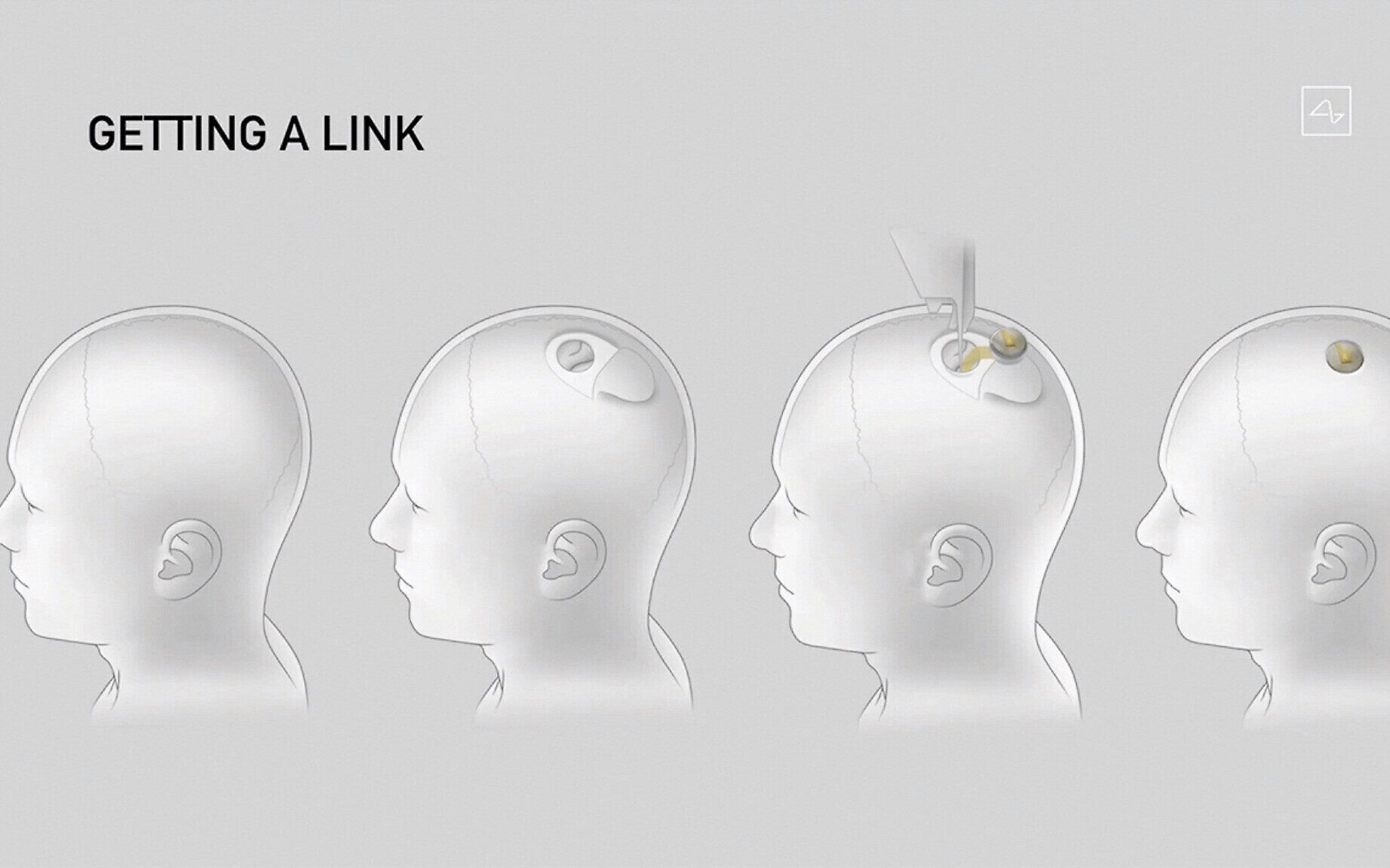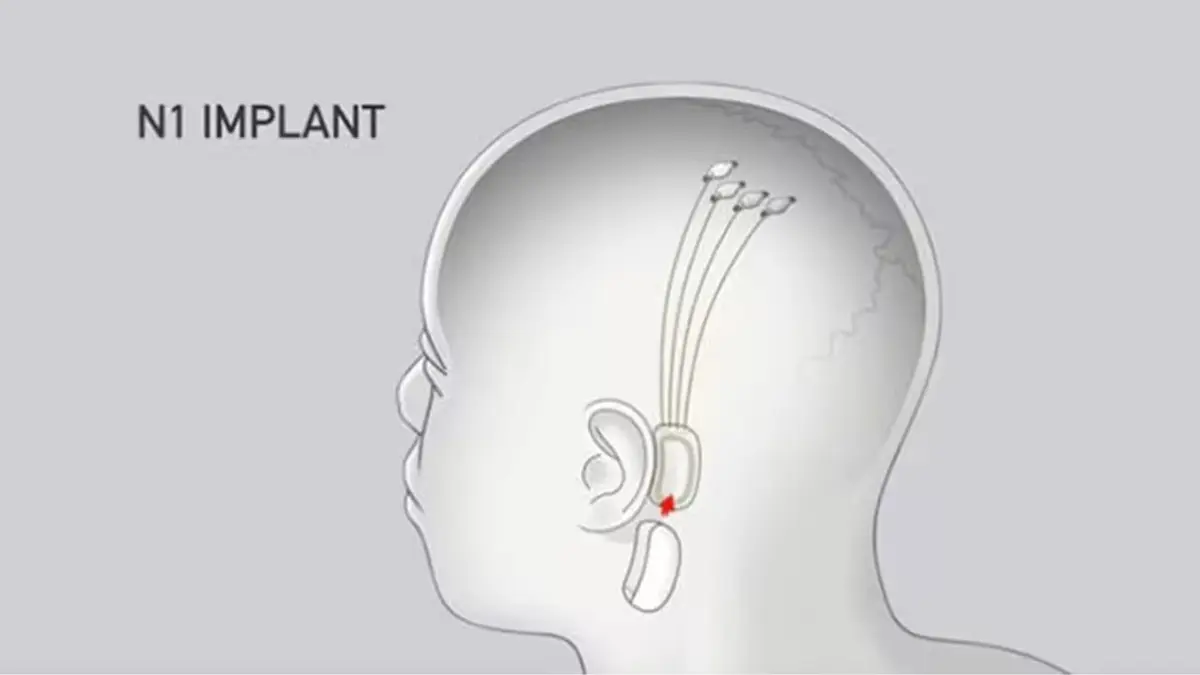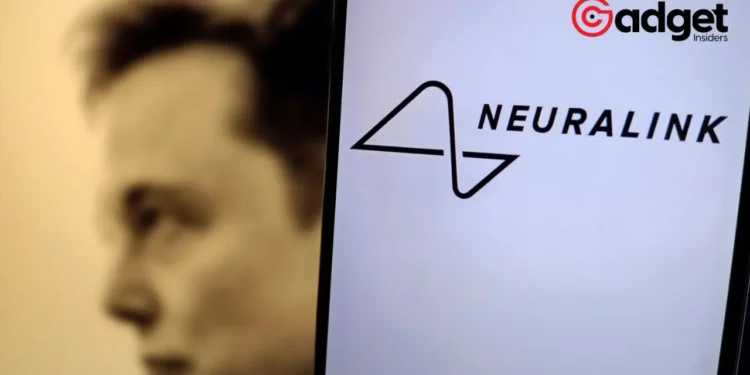As we stand on the brink of a new era in medical and technological innovation, Elon Musk’s Neuralink brain chip is stirring both excitement and concern. With human trials on the horizon, experts and ethicists are sounding the alarm over potential risks associated with this groundbreaking technology. The focus of this discussion centers around the security vulnerabilities and ethical implications of integrating advanced technology directly with the human brain.
The Promise of Neuralink: A Leap Forward for Medical Science
Elon Musk’s Neuralink has been greenlit to begin human trials, aiming to recruit volunteers with paralysis due to spinal column injuries or the deadly motor neuron disease ALS. This initiative represents a significant milestone in the quest to merge human cognition with computerized technology, potentially unlocking new realms of medical treatment and enhancing the quality of life for those with severe physical limitations.

The concept behind Neuralink is to create an interface between the brain and external devices, allowing individuals to control computers or mobile devices directly with their thoughts. This innovation could revolutionize the way we interact with technology and offer unprecedented independence to those with debilitating conditions.
The Dark Side of Innovation: Security Risks and Ethical Concerns
Despite the optimistic outlook, the introduction of brain chips like Neuralink brings forth a myriad of security and ethical concerns. Alex Laurie, Senior Vice President of ForgeRock, highlighted the inherent risks of such technology, including the potential for hacking.
With Neuralink acting as a bridge between the brain and digital devices, vulnerabilities could be exploited by malicious actors to access personal medical information or manipulate the device’s functionality.
The specter of hacking raises profound questions about the safety and integrity of brain implant technology. The ability of hackers to potentially imitate or control the actions of an individual with a Neuralink chip underscores the need for robust security measures from the outset.
Year 2042 : when YOUR Neuralink chips get hacked 😀 (p4r0dy / m3m3) pic.twitter.com/ENohethrUE
— NFK (@nfkmobile) February 12, 2024
A Call for Comprehensive Safeguards
The challenges posed by Neuralink and similar technologies extend beyond mere technical vulnerabilities; they touch upon the very essence of human identity and autonomy. Protecting the “self” in an age where technology is increasingly intertwined with our physical being requires a holistic approach to security, encompassing not just the devices themselves but the networks they interact with.
Laurie’s insights suggest that while Neuralink may already have strong security protocols in place, further steps must be taken to safeguard the identity and privacy of users. This includes cautious measures like anonymizing participant data to prevent the misuse of personal information.
Lessons from the Past: The Cautionary Tale of Neuralink’s Predecessors
Recent investigations into Neuralink’s animal trials have cast a shadow over the project’s safety profile. Reports of adverse effects, including chronic infections and brain swelling in macaque monkeys, have raised serious ethical questions about the rush toward human testing.
These incidents highlight the need for rigorous scrutiny and ethical oversight in the development and deployment of such invasive technologies.
Ryan Merkley, director of research advocacy at the Physicians Committee, emphasized the importance of volunteers fully understanding the potential risks before participating in Neuralink’s trials. The company’s commitment to transparency and ethical responsibility will be critical in navigating the complex moral landscape presented by this technology.

Balancing Innovation with Ethical Responsibility
As Neuralink embarks on this ambitious journey, the excitement surrounding its potential must be tempered with a cautious appraisal of the risks involved. The quest to enhance human capabilities through technology presents a unique set of challenges that require careful consideration and responsible action.
Ensuring the security and ethical integrity of brain implant technology is not just a technical necessity but a moral imperative. As we venture further into this uncharted territory, the balance between innovation and ethical responsibility will be paramount in shaping the future of human-technology integration.
https://youtu.be/SCRlJelvJYg










